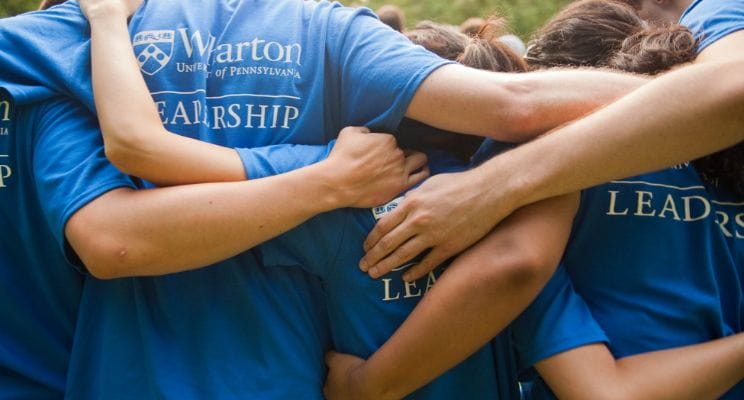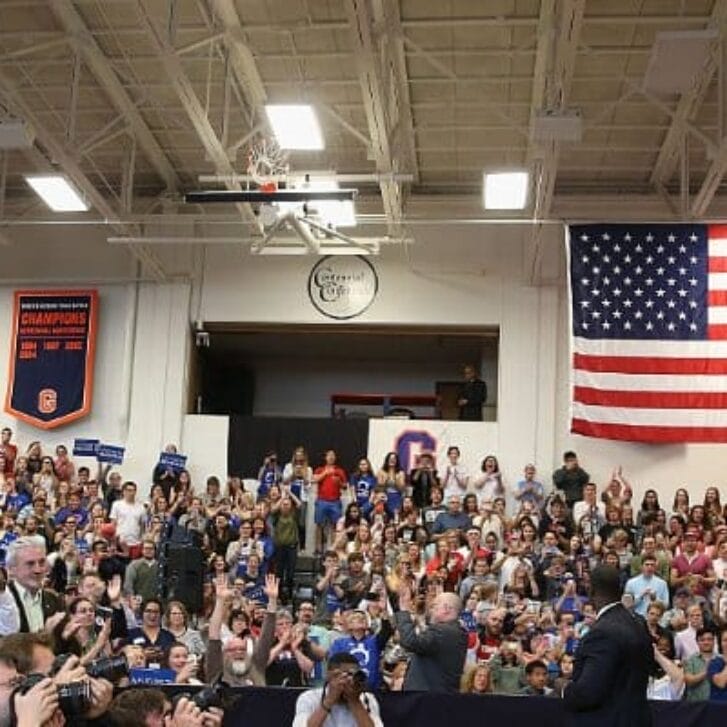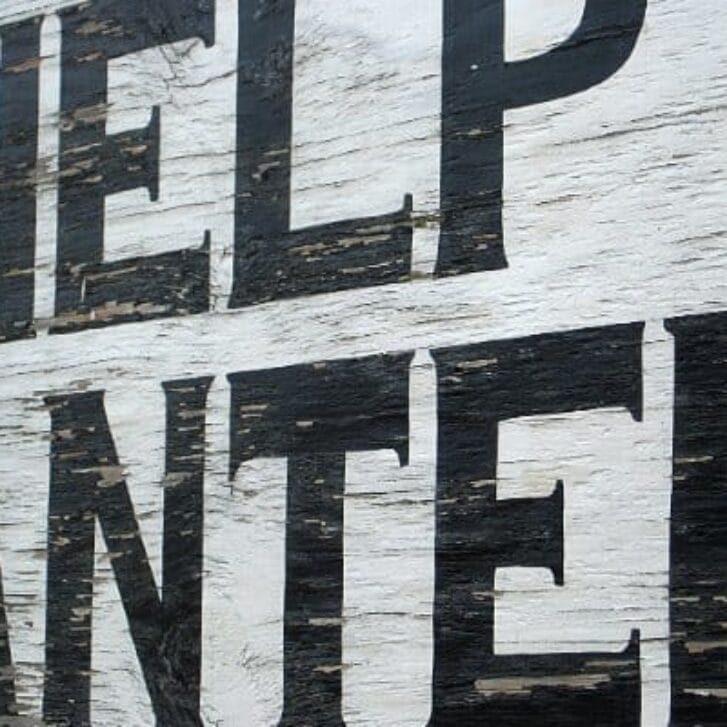It’s back to school time at Wharton. I smiled as I watched my colleague and award-winning teacher Cade Massey welcome our 870 new MBA students to the class of 2018. He led them through a series of “I don’t know!” chants in response to questions ranging from esoteric financial formulas to what would happen if you ask someone you don’t know out for coffee.
The irony of this particular chant—led by an Ivy League professor in full academic cap and gown garb no less—was not lost on anyone. Aren’t universities in the business of knowledge creation and acquisition?
Cade was not dismissing the value of a Wharton education. Far from it. He was actually making a profound point about what higher education means today.
Even, or perhaps especially, in our data-rich world—where the petabyte is fast becoming the new gigabyte (and I can’t wait for the Paleolithic “brontobyte”)— “knowing” is fool’s gold.
Just ask the analysts who got the Brexit vote wrong; the people who believed small-and-poor Leicester City could never win the British Premier League; or investors who have to try to predict currency movements for a living. As the old forecasting aphorism goes: “prediction is difficult, especially about the future.” But that doesn’t mean we shouldn’t try, and we can certainly learn to do it better.
Cade’s bottom line to our MBAs is that they have just started an intense exercise in learning, and the more they learn the better they will become. Learning new skills inside and outside the classroom, yes, but also learning about new people and perspectives and, above all, learning about themselves as people. I want to underscore the last point, because I believe a ceaseless focus on self-awareness and self-reflection is essential to success in life, personally and professionally.
Cade was also making a more general point about our world where data, and analytics experts, are exploding.
Start by taking a large dose of humility. Even the smartest person must begin by appreciating the limits of what they can know with near certainty. Then focus on “learning,” reducing uncertainty over what we know with a constant dialog between the evidence and the inferences we draw from it.
Cade’s core observation that our traditional veneration of knowledge is out of step with today’s wiki-world reminds me of another statement about higher education that initially took my breath away, until I thought more about it.
Here is how the New York Times’ Tom Friedman paraphrased a warning to college (and no doubt business school) graduates he attributes to Lazlo Bock, the Google HR guru:
“Beware. Your degree is not a proxy for your ability to do any job. The world only cares about… what you can do with what you know.”
Bock was probably thinking about the limits of geek-dom. In an era in which data scientists are the new investment bankers, geeks won’t inherit the earth unless they can leverage and leaven their analytic insights.
But I also think this insight applies to the challenge of leadership more generally. I once asked a rock star CEO the keys to his success. He boiled it down to 4 steps:
- Identify the problem/opportunity
- Communicate an inspiring vision for getting there
- Develop a step-by-step strategy for making it happen
- Focus on execution, because even the best strategy is worthless without it
Wharton is a very analytical place, and we pride ourselves on being really good on numbers 1 and 3 of this list, because they are analytically more or less “knowable” (which really means, we can develop tools for reducing the uncertainty about what the opportunity or problem is and the strategy best suited to it).
But 2 and 4 are at least as important. Written and oral communication aren’t just for budding writers and actors; they are essential to success in any profession. Execution is all about people, which is why I don’t particularly like the expression “soft skills” because empathy, resilience, and team building are really “hard” — hard to develop as skills, hard-edged when it comes to really moving the dial. That’s why I am such a big fan of the McNulty Leadership Program at Wharton.
What does this all add up to?
For me, it is the simple but powerful observation: business education—and all higher education—is decreasingly about the transmission of facts that let us know things and increasingly about the acquisition of skills that help us learn and apply things. With respect to leadership skills, it is not analytics “or” soft skills but analytics “and” soft skills. Analytics and empathy. Strategy and execution. Reasoning and feeling.
In the video above, Dean Garrett speaks on the importance of lifelong bonds that form during Wharton MBA Pre-Term.
Editor’s note: This article was originally posted on September 15, 2016 on LinkedIn.


























